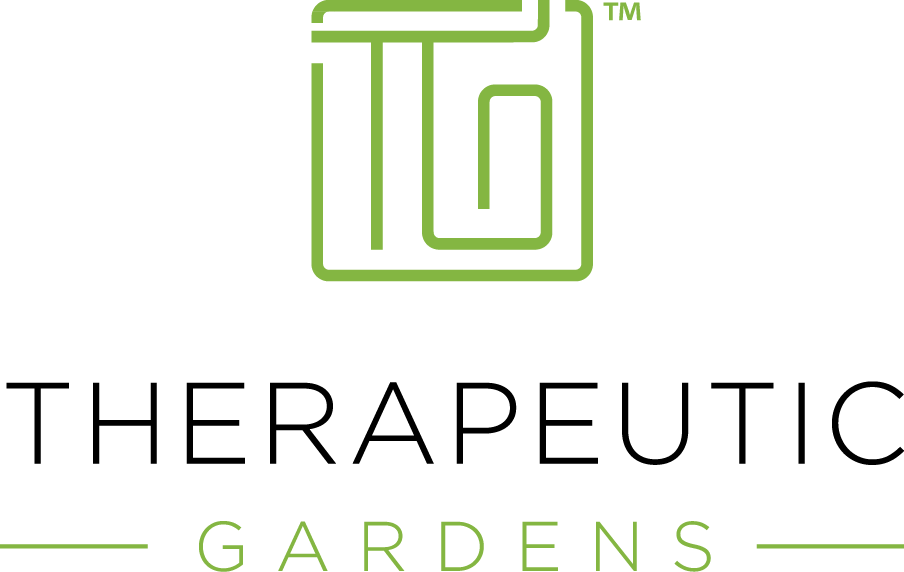What I Bring to My Community - World Down Syndrome Day 2018
People with Down Syndrome have a lot to offer their communities. In preparation for World Down Syndrome Day on 21 March, Down Syndrome Australia has been sharing some of the inspiring stories of people with Down syndrome contributing to and thriving in their communities.
For example, Callum helped his sister campaign for parliament.
Shai has a Certificate III in Child Care, dances, and is co-director of an Arts program and Sui came second in the world in the 1st International Federation for Athletes with an Intellectual Disability Video Dressage Competition.
Upon reading these stories, it becomes apparent that the common thread of these achievements is one shared by all: support. Most people with Down syndrome don't require much assistance to live their lives however, some do. When they receive support from their families and their community, they are able to achieve outstanding results and give back to their communities.
Down syndrome is a genetic condition and the most common known cause of intellectual disability in the world. Approximately 1 in every 1,100 babies born in Australia have Down syndrome, and 1 in 700-900 worldwide. In addition to the increased risk of certain medical conditions and some level of intellectual disability, many people with Down syndrome can have difficulty in communicating. This can result in frustration, particularly when people assume that their difficulty in articulating speech reflects an inability to comprehend.
Peter Rowe's story provides a powerful illustration of the difference that communication can make to someone's life. A therapeutic garden can offer benefits for people with Down syndrome and their carers, not least for providing a natural environment in which to release stress. Other benefits include exercise, exposure to vitamin D, building independence, social interaction and developing new skills. This has been recognised by the Advocate Medical Group Adult Down Syndrome Center in Illinois, USA, who opened an onsite healing garden in 2015. The Center offers a gardening club facilitated by a horticultural therapist, allowing participants the opportunity to learn about gardening while building social skills in a relaxed setting. Children all around the world are reaping the benefits from therapeutic gardening.
For Gardening has some great tips for teaching a person with Down syndrome to garden. Therapeutic Gardens specialises in designing bespoke healing gardens for people of all abilities.
Reach out to discuss your project.


